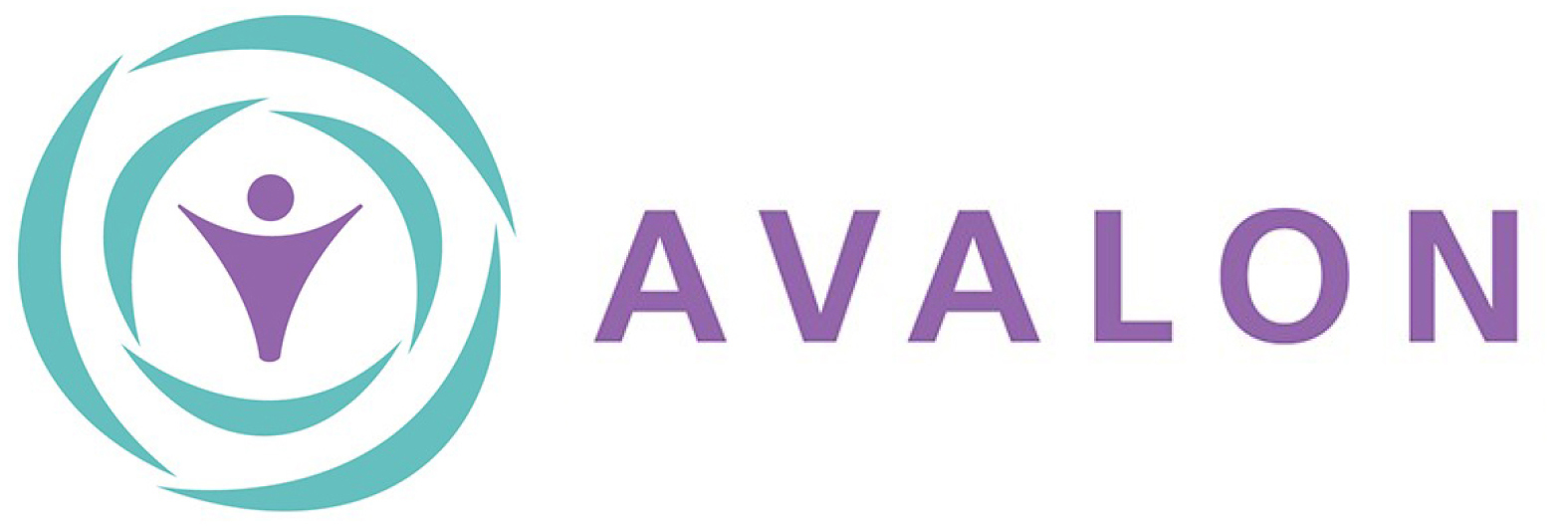“What needs to exist for victims/survivors of sexualized violence/abuse to access justice?”
This question was at the core of a recent panel discussion on “Sexualized Violence in the Legal System: Challenges and Opportunities”, that followed Avalon’s annual general meeting in September. The panelists were Stephanie Carlisle (supervisor on the Halifax Regional Police sexual assault unit), Susan McKay (regional Crown Attorney), El Jones (poet, professor and activist), and Carmella Farahbakhsh (Administrative and Volunteer Coordinator at South House). Each speaker presented their own unique perspective and experience, leading to a robust conversation between four individuals working both within and outside the criminal justice system to incite change. Though points of view differed, the conversation was respectful and thought provoking with all panelists expressing their desire to listen and collaborate.
Some of the issues raised included the lack of appropriate training for first responders and legal professionals handling cases involving sexualized violence; rampant systemic racism, sexism and other forms of oppression; male pattern violence towards women; and the lack of resources available to victims/survivors of violence and the organizations which support them. Moderator Emma Halpern (Officer of Access and Equity for the Nova Scotia Barristers Society and past Avalon board member), asked thoughtful and, at times, complex questions.
The problem
You don’t have to look far to see the consequences of systemic failings, there are cases in the media every day. Take for instance the recent sexual assault and murder of Susan Butlin in Tatamagouche, N.S. at the hands of a man whose violence and stalking behaviour she reported to the local police numerous times, only to be dismissed.
Consider also, the most recent of two acquittals of sexual assault by Judge Gregory Lenehan, who uttered the words “clearly, a drunk can consent” following his acquittal of Bassam Al-Rawi in March, 2017 of sexually assaulting an unconscious woman. This comment is reminiscent of federal court justice Robin Camp’s “keep your knees together” remark to a young indigenous woman from a few years before. Through statements like these, Lenehan and others in his profession are doing a grave injustice to survivors everywhere and demonstrating that misogyny is alive and well in the criminal justice system.
These cases offer microscopic glimpses into much a larger and more complex issue plaguing our society.
But what is the solution?
The panelists pointed to the value of community activism, essential trauma-informed education in the criminal justice system, and the need for more resources and funding for sexual assault services. Every year at centres across the country requests for services surpass the year previous. This means that many victims/survivors go without the support they need to heal. We must begin by acknowledging that the criminal justice system is, in many respects, broken.
Let’s explore ways to address this issue and ways to create access to justice outside of the legal process. The panel stressed that that this is the beginning of an important conversation on how to ensure all victims/survivors of sexualized violence and abuse, especially those who face multiple barriers and marginalization, get access to culturally specific and safe services. We hope that you will start the conversation in your community, and together we can improve the world victims/survivors live in.


